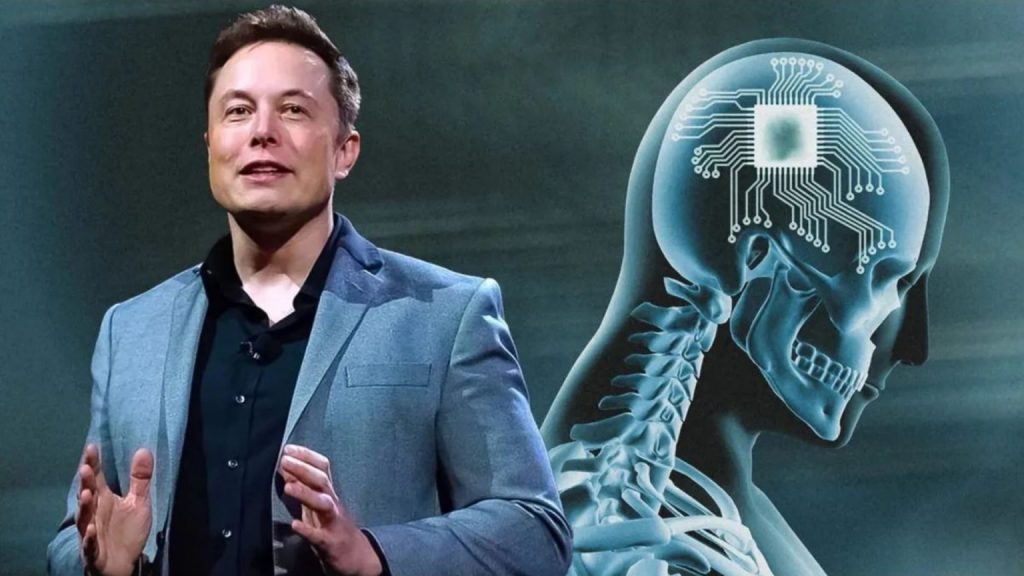By Agency Report
Elon Musk’s brain-chip startup, Neuralink, has received the US Food and Drug Administration’s “breakthrough device” designation for the company’s experimental implant, Blindsight.
The device, called ‘Blindsight,’ is designed to restore vision in individuals with complete or partial blindness, including those with non-functional optic nerves.
“We have received Breakthrough Device Designation from the FDA for Blindsight.
“Join us in our quest to bring back sight to those who have lost it. Apply to our Patient Registry and openings on our career page,” Neuralink wrote on its X page on Tuesday.
Related news
According to Reuters, the FDA awards its breakthrough designation to medical devices that treat or diagnose life-threatening conditions, expediting their development and review.
Musk also announced the update on his X social media platform, highlighting Blindsight’s potential to restore vision in even the most severe blindness cases.
“The Blindsight device from Neuralink will enable even those who have lost both eyes and their optic nerve to see.
“Provided the visual cortex is intact, it will even enable those who have been blind from birth to see for the first time.
“To set expectations correctly, the vision will be at first be low resolution, like Atari graphics, but eventually it has the potential to be better than natural vision and enable you to see in infrared, ultraviolet or even radar wavelengths, like Geordi La Forge.” Musk wrote on X.com.
Neuralink, co-founded by Elon Musk in 2016, specialises in developing innovative brain-computer interfaces to transform treatments for neurological disorders.
Neuralink’s technology includes a brain implant that reads neural signals and wirelessly transmits them to external devices, including computers and mobile devices.
Business World reports that Neuralink is also developing an implant that enables paralyzed individuals to control digital devices with their thoughts.
Neuralink is also reported to be conducting a clinical trial with three participants to evaluate the device’s effectiveness in aiding individuals with spinal cord injuries.
It was widely reported in August 2024 that Neuralink’s brain-computer interface was successfully implanted in a second patient, who is now controlling video games and creating 3D designs using only their thoughts.

